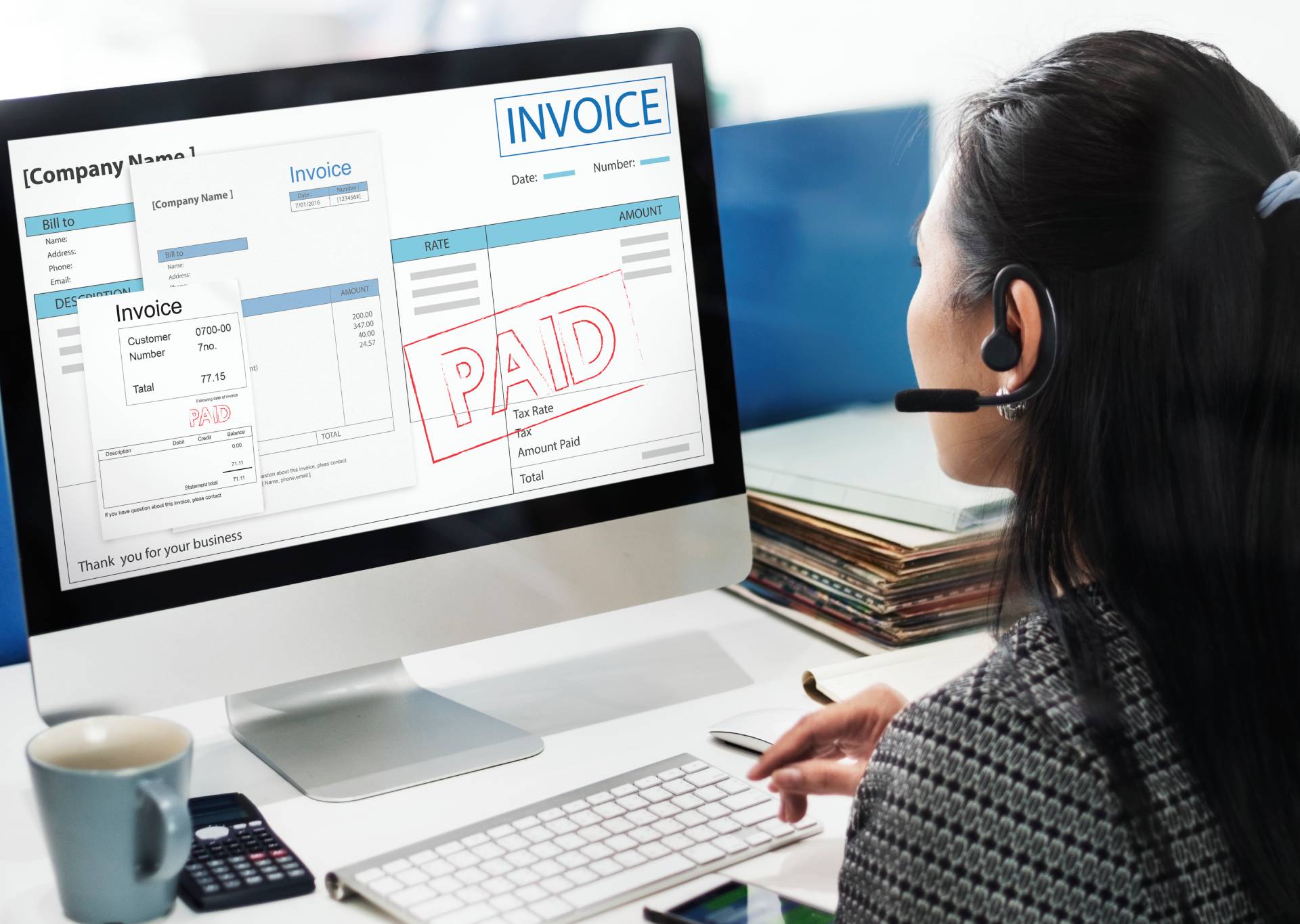Operating a small or medium-sized business is not a simple task.
A balancing act comes with every day, due to limited resources, tight budgets, and the need to adapt to new regulations due to a constantly changing environment. The financial aspect can be the most challenging part of the puzzle for many business owners.
Moreover, unlimited spreadsheets, record keeping, and misplaced records not only consume precious time but also provide ample space to commit expensive mistakes.
Cloud accounting software comes in as a game-changer there.
It is not only a digital ledger but rather a set of tools that make difficult tasks easier, data more precise and insights more insightful. It helps businesses become smarter and not harder.
Not only that. Having real-time access to secure and centralized records, these solutions are SME-friendly.
Keep reading as we will discuss five of the most important factors that make cloud accounting software a critical partner for any business on the rise.
1. Instant Access and Anywhere, Anytime Visibility
Speed and flexibility are everything to SMEs. Speaking of which, cloud accounting software offers all that and makes financial information available in real-time, regardless of your location.
You can check your cash flow, pending invoices, expenses or bank accounts instantly, whether you are away on a trip, working at home or meeting with a client, on your laptop, tablet or smartphone. That removes the previous restriction of being bound to desktop systems in offices or paper records.
Moreover, the true strength is the speed of action taken on information.
For example, consider the case of negotiating with a supplier, where you can quickly confirm your available budget, or checking payroll information without waiting for the month-end reports. SMEs have the ability to gain control and agility with features such as mobile apps, web dashboards and automatic bank reconciliation.
This way, you no longer make decisions in the dark but are kept updated in real time. It helps you manage finances proactively and minimize risks.
2. Automated Invoicing, Billing and Payments

The cash flow is the heart of any SME, and invoicing or billing delays can disrupt the entire cycle. For instance, manual processes are likely to cause errors, resulting in lost invoices or delayed payments. It can create difficulties in relationships with customers and suppliers.
Cloud accounting software addresses this by automating it. It is possible to create high-quality, professional invoices within a few minutes and transfer them directly via email or through messaging apps.
Another huge benefit is recurring billing. In this context, if your business involves subscriptions or regular payments to suppliers, you can create them once and let the system handle the rest. Besides that, the incorporation of numerous payment methods facilitates customers to shop online, save time and increase cash flow.
In short, automation reduces administration overhead, errors, and increases the speed of payment to you by reducing repetitive manual labor. Thus, it keeps your finances healthy and predictable.
3. Smooth Interconnection with Other Business Systems
SMEs commonly operate multiple systems to manage their business, including point-of-sale platforms, payroll, inventory, and e-commerce websites. In the absence of integration, these systems work in silos, and manual data entry is needed to manage records.
Not only does this consume crucial time, but it also opens the way to errors that may impact reporting and decision-making.
The cloud accounting software eliminates this obstacle. It integrates well with platforms that businesses already rely on. For example, a food and beverage establishment may integrate its POS with accounting software. Later, every sale and change of stocks is automatically updated.
Furthermore, retailers are able to align with e-commerce sites, bringing in orders, refunds, and fees without having to input them manually. Even payroll information may be directly transferred to accounts, avoiding duplication. To the SMEs, these integrations imply fewer trips back and forward, reduced mistakes, and more precise and updated records.
The result? Business is conducted more efficiently, and you work on expanding rather than paperwork.
4. On-the-Fly Analytics, Forecasting and Reporting
Documenting transactions is a crucial step, and SMEs require foresight to make decisions. For this reason, cloud accounting software offers real-time dashboards, personalized report construction and forecasting support. This way, it transforms information into strategy.
As a result, business owners can immediately access balance sheets or cash flow, instead of waiting until the end of the month to get the summary. Additionally, with forecasting, it is possible to plan scenarios, including how an increase in costs or a late payment would affect things. Such insights enhance internal decision-making and make the organization more credible to the lender, investors or vendors.
Overall, early risk identification and proactive planning enable SMEs to make financial management more of a growth instrument than record-keeping.
5. Safe, Centralized Data and Compliance Features

Having data security and compliance is required for SMEs and can be difficult to achieve without dedicated IT teams.
However, cloud accounting systems store all documents, invoices, receipts, and ledgers in a single, secure system. Archives are also well organized and available on numerous platforms, which support mobile uploads. That’s not all. Encryption, backups, and role-based access are offered as security measures that will ensure sensitive data is not lost or abused.
Lastly, it is easier to comply when automated bookkeeping is used, audit trails are detailed, and support for tax reporting or e-invoicing is built in.
Conclusion
In today’s fast-moving business world, SMEs can’t afford to let outdated systems hold them back. Cloud accounting software isn’t just about crunching numbers — it’s about giving business owners clarity, control, and confidence. That said, with real-time access, automation, seamless integrations, smart analytics, and strong security, it becomes more than a tool — it’s a growth partner.
Consequently, for any SME ready to scale, innovate, and thrive, cloud accounting software is where success truly begins.



